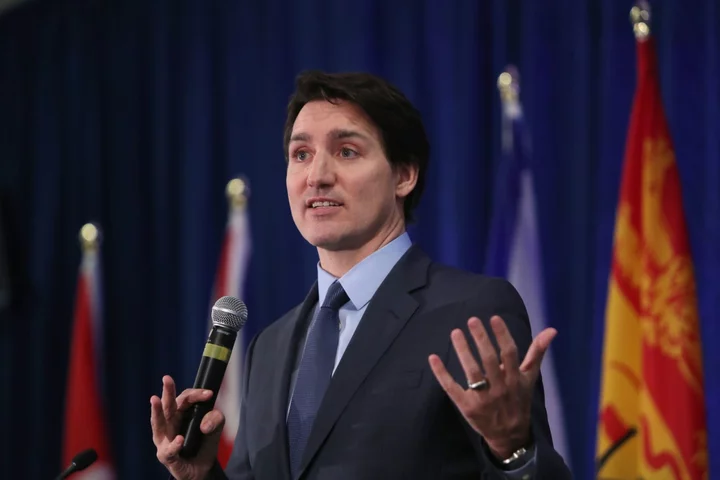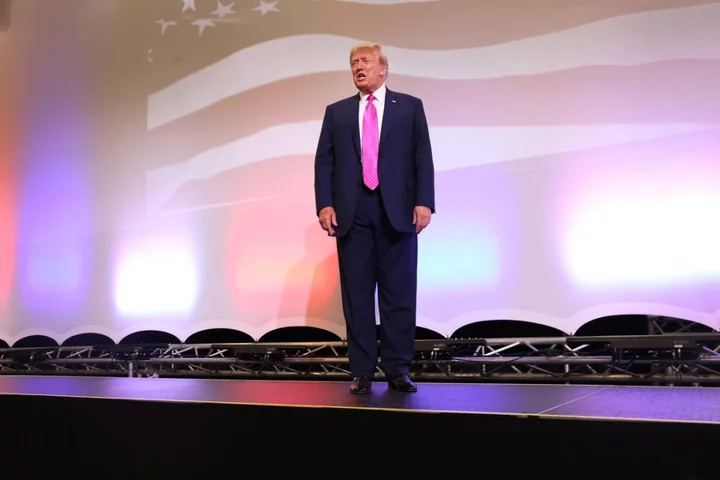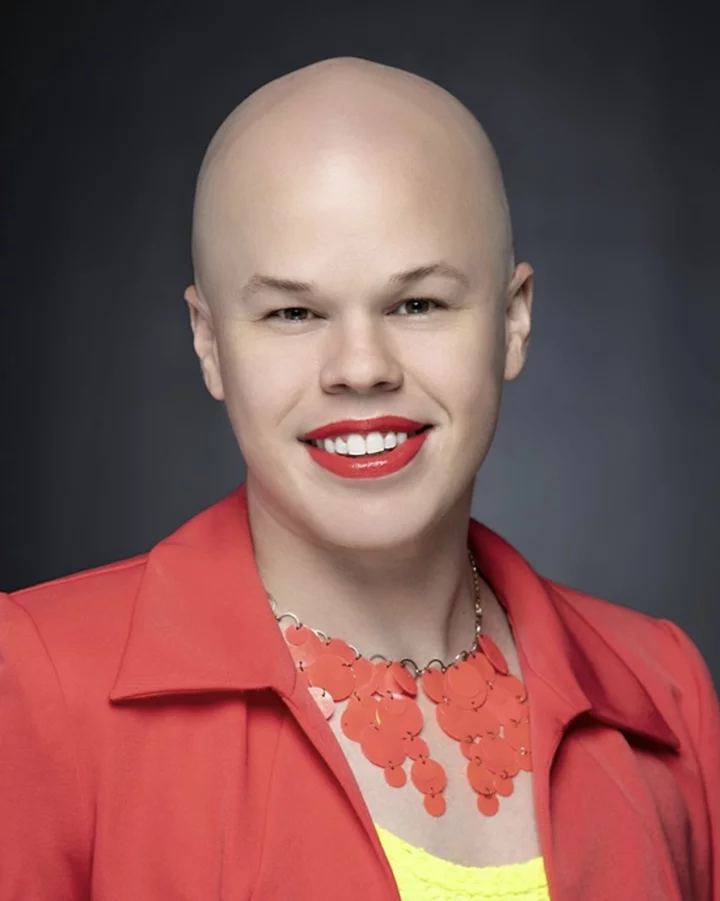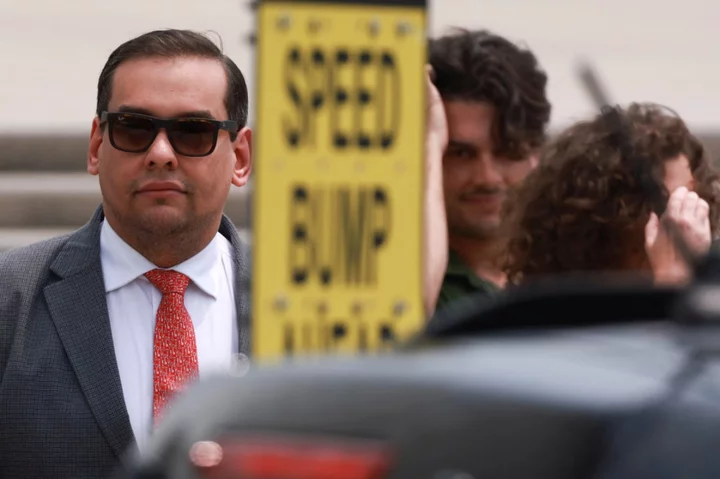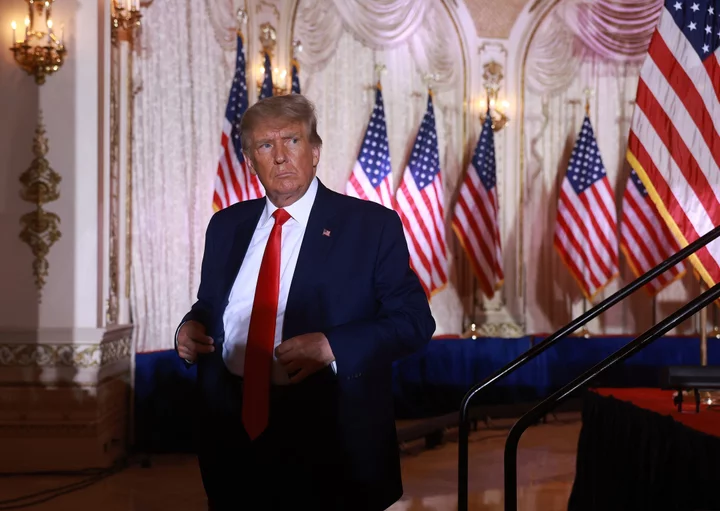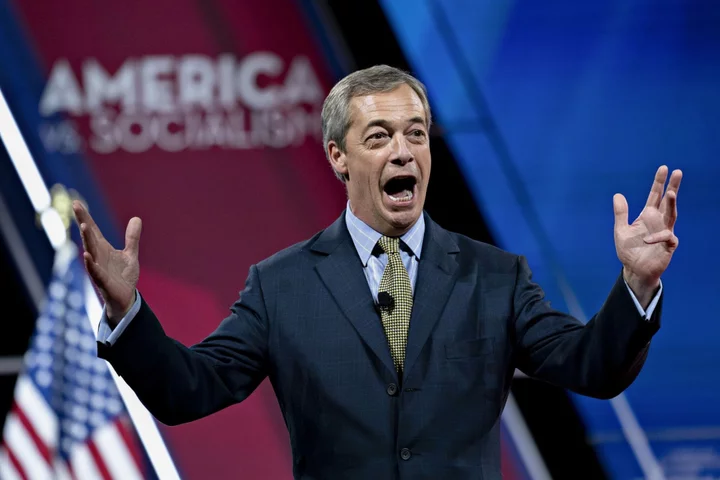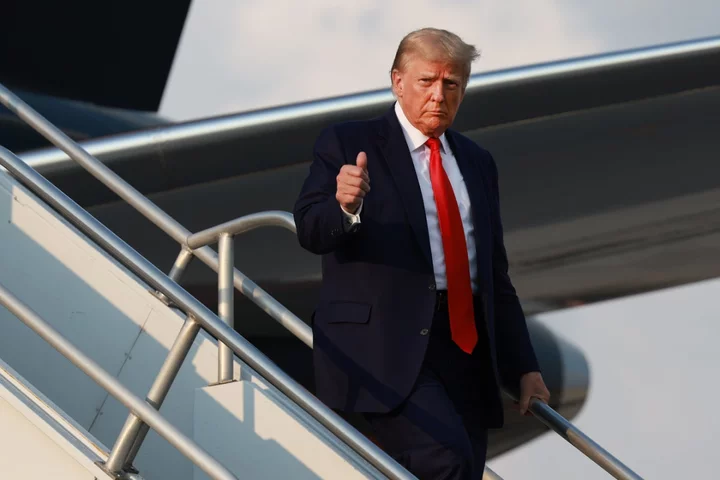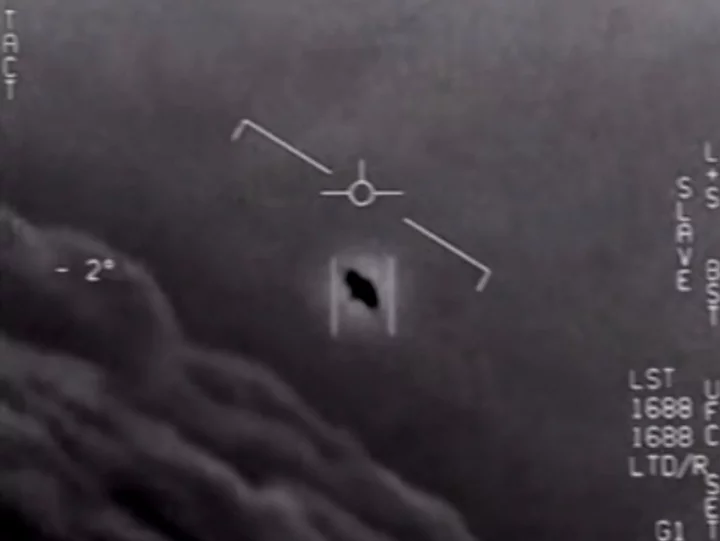Canada should hold hearings on foreign meddling in elections but shouldn’t launch a formal public inquiry into allegations that Chinese diplomats interfered in the past two federal campaigns, a watchdog appointed by Prime Minister Justin Trudeau concluded.
Former Governor General David Johnston said foreign governments are trying to influence candidates and voters in Canada. However, there’s no convincing evidence that Trudeau’s government knowingly failed to act on national security intelligence on the issue, he said.
Trudeau tapped Johnston in March to look into election interference after media reports alleged that Chinese officials sought to tip the scales against some opposition candidates to help Trudeau’s Liberal Party during the 2019 and 2021 elections.
The allegations have roiled Trudeau’s government and he’d promised to follow Johnston’s recommendations. A public inquiry that revealed he fumbled or downplayed warnings from national security officials had the potential to be politically damaging.
But Johnston found that the key issue is the way information gathered by intelligence services is is communicated within the government. “The failures I have found relate to substantial gaps in the communication and processing of intelligence information as opposed to the prime minister, ministers or senior officials ignoring intelligence recommendations,” Johnston said in a report released on Tuesday in Ottawa.
Read More: Canadians Fear China Swayed Elections That Put Trudeau in Power
Johnston was asked to determine whether a public inquiry was necessary and to deliver a series of reports on the broader issue of interference. His answer on an inquiry was a definitive “no,” saying he’d been able to review all the relevant facts.
“The intelligence I have reviewed is, and must remain, secret,” he said. “As a result, the reality is any credible public inquiry could not be public at all.”
Lacking Context
But Johnston said there are significant problems in sharing intelligence with those who needed it, including Conservative lawmaker Michael Chong. Canada kicked out a Chinese diplomat after allegations that the envoy targeted Chong’s family in Hong Kong. Johnston’s report said there’s evidence Chinese officials sought information about Chong’s family, but no intelligence shows that they were actually threatened.
Johnston found that the information flow between security agencies and government departments isn’t well-tracked. He described a messy system of “large and undifferentiated binders,” with little accountability about who is reading them and supposed to act upon their contents.
Implementing a way to track action on intelligence is essential, he wrote. “Foreign interference evolves quickly, and the machinery of government evolves slowly,” he said.
Instead of an inquiry, Johnston said he’ll hold public hearings to determine how to improve the government’s response to foreign interference.
Trudeau’s opponents criticized the recommendation. Jagmeet Singh, whose New Democratic Party has agreed to support the Liberals on parliamentary votes, said he’ll keep pushing for an inquiry but stopped short of pulling his party’s support for the government.
Conservative Leader Pierre Poilievre said Johnston lacks credibility due to his personal ties to Trudeau, including Johnston’s role at the charitable foundation founded in the name of the prime minister’s father.
“Conservatives are not buying it,” Poilievre said.
Trudeau said his government has offered all party leaders the security clearance necessary to view the intelligence underpinning Johnston’s report.
Explosive Allegations
Johnston examined some of the most explosive allegations contained in media reports, which he said have painted a narrative that the Liberal government failed to act on foreign interference because it helped them politically.
He wrote that he has been able to view materials that were leaked to Global News and The Globe and Mail, as well as additional classified information.
“When viewed in full context with all of the relevant intelligence, several leaked materials that raised legitimate questions turn out to have been misconstrued in some media reports, presumably because of the lack of this context,” he says in the report.
One of the most “inflammatory” reports suggested that China violated Canadian law by filtering C$250,000 ($184,990) to candidates in the 2019 election, he said. Limited intelligence appeared to show that China sought to send funds to seven Liberal and four Conservative candidates through a community organization, political staff and — perhaps unwittingly — a provincial lawmaker in Ontario, according to Johnston’s report.
However, it’s uncertain whether any money was sent and there’s no intelligence suggesting any federal candidates received those funds, Johnston said.
Johnston also found indications that a few Chinese diplomats preferred the Liberals to the Conservatives, but there was no evidence that the People’s Republic sought to orchestrate a Liberal minority government in 2021 or that Trudeau’s camp knew of such a scheme. Instead, the Beijing government’s focus appears to have been on assisting pro-China candidates and marginalizing anti-China ones, he said.
There were “irregularities” observed with Liberal lawmaker Han Dong’s nomination in 2019, he found, and “well-grounded suspicion” that those irregularities were tied to the Chinese consulate — but no evidence that Dong knew of them.
As for an allegation that Dong advised the Chinese consulate to extend the detention of two Canadians, Michael Kovrig and Michael Spavor, Johnston concluded this was “false.” Dong has stepped aside from the Liberal caucus and filed a defamation lawsuit against Global News.
Johnston said those who have leaked national security secrets to the media risk harming Canada’s ability to gather intelligence and may put sources in physical danger. He called for urgent efforts to identify and hold the leakers responsible.
“Malice cannot be ruled out,” he wrote.
--With assistance from Brian Platt.
(Updates with responses from Trudeau, Poilievre and Singh.)

